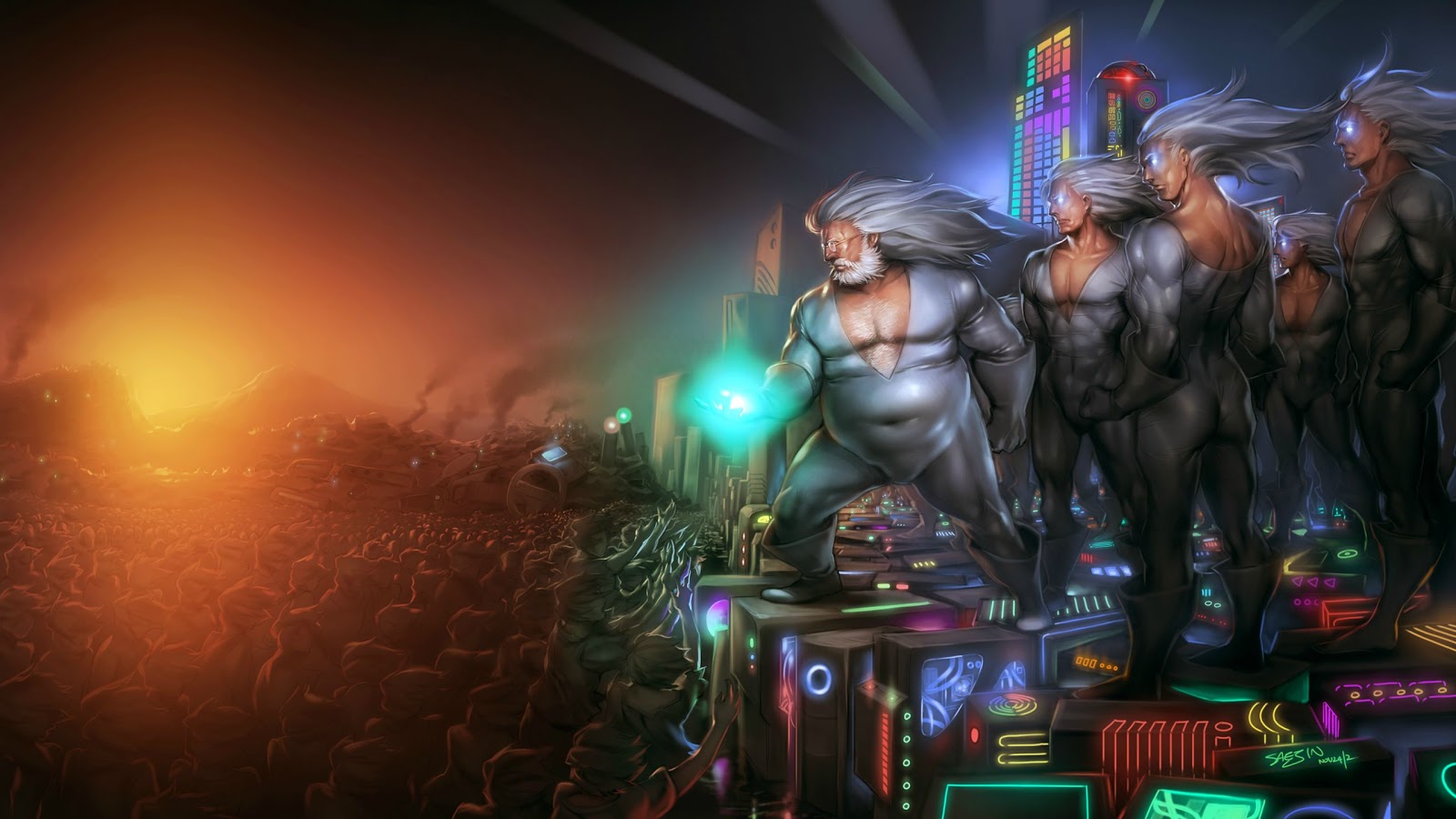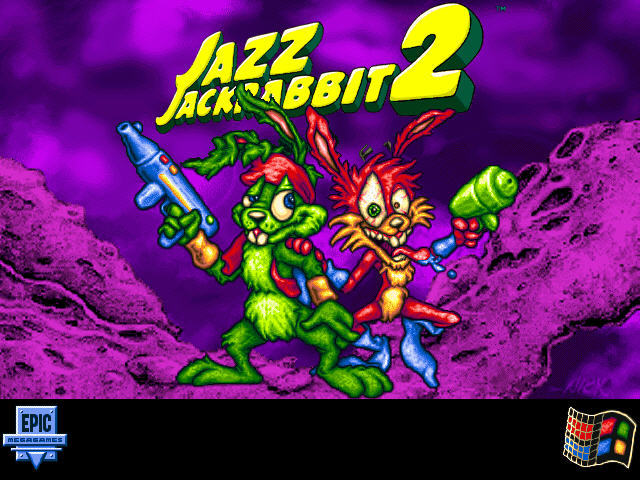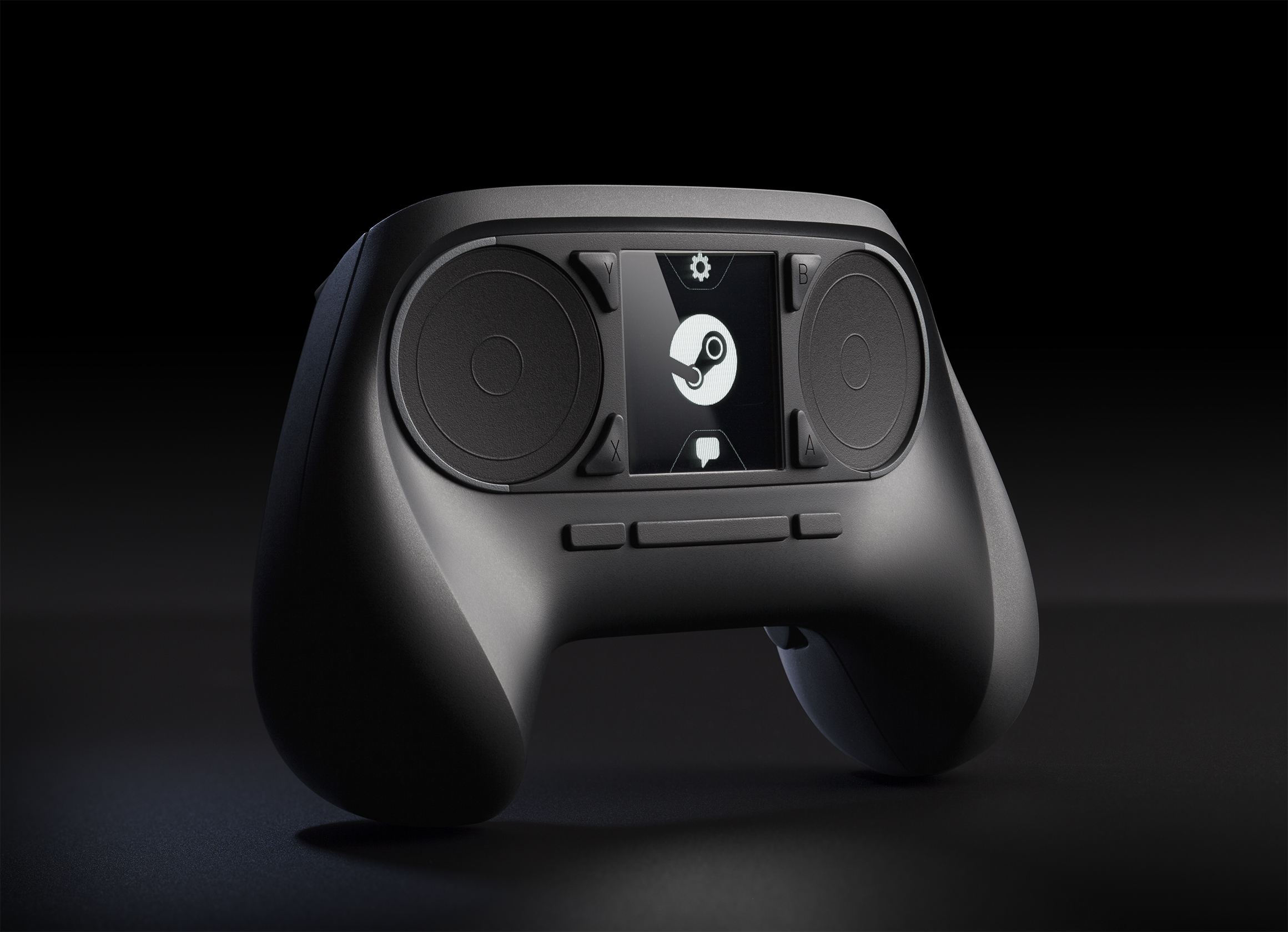
Dear everyone,
with the recent announcement of Steam OS I felt like it is time to recapitulate on Consoles. About me, the first console I played on was the NES, the first one I owned was a Gamecube. Additional to these two I own a PS 2 and a Wii/Wii U as well as an Gamegear. Generally I am more of a PC Gamer, as my most favorite games are RTS, but since I also enjoy RPGs (most of them, not only J-RPGs) there is no way around getting a console.
[bimg]http://upload.wikimedia.org/wikipedia/commons/d/dc/Atari2600a.JPG[/bimg]The first consoles that came out had very rudimentary graphics and gameplay. There were some fun games but the video game crash was bound to happen because:
- Too many different and incompatible consoles
- Games were pressed out at a fast pace without checking for quality
- First computers with the ability to play games on
Both consoles had everything you wanted from a console: Nice graphics and sound and overall good hardware for the time and developers ready to experiment for new gameplay.

A lot of franchises were created, some of which still exist and are loved today. One thing that most of the games had in common was the difficulty. Since as a child you could only afford one game a month, developers tried to make games as difficult as possible, either through real difficulty like hard bosses, only one life, or artificial difficulty: Bad controls, "cheating" enemies.
The next big area was 16-bit consoles, SNES and SEGA Mega drive.
It was a huge step up from 8-bit. More memory was the key feature, so everything was able to look nicer and sound better. But the room for experimentation got smaller. Also the difficulty decreases, as people were able to buy multiple games within one month and there was no need anymore for super difficult games.
With the PS and Nintendo 64 finally 3D-Graphics.
The good news was: Games looked better than ever and new sounds banks made them sound awesome. The bad news, thanks to the camera and people not being used to programming in 3D, a lot of the games were difficult to control. A lot of great games came out for this console, and thanks to the 3D environment a whole bunch of new things were tried. Another thing was remakes of old games which has not been seen in that scape before.
PS2, Gamecube, Dreamcast, Xbox is the next row of consoles.
The improvements are not that big. Graphics got better, sound was now able to be played in MP3. First sign of ageing: I call this time the era of the sequels. The amount of new franchises was pretty low and even if it was a new franchise, from a gameplay perspective, it was similar to what we have seen before.
And finally to the consoles that are passing away right now: Wii, PS3, Xbox 360
On PS3 and Xbox 360 you had vastly improved graphics. But from a game mechanics perspective there was nothing new. The Wii on the other hand, had a new controller. New possibilities. But companies were afraid of trying out new stuff, because it could turn into a commercial flop. And this is where we are right now. With the next Generation of consoles coming out, how high will the risks be companies are ready to take? When a game like Dark Souls is released and everybody is overjoyed, just because it is difficult and different.
What did the PC do in the meantime? Since everybody was able to build their own PCs I will only be able to give you a rough timeline:
C64 was one of the first PCs that was used for games. It had a vast catalog of games, most of which were pirated. You really needed to know what you were doing if you wanted to use it.
The next step up is DOS. In DOS you already had a good selection of RTS games, but also the first adventures and even some 2D shooters.

And then Windows. With windows a lot of things changed. The PC was more centered around RTS and Shooters and did not care as much about RPGs, but still it had a good selection. Notable examples are Elder Scrolls and Gothic among others.
But where is PC gaming now? Most games today are becoming multi-platform, but the PC is often left out of the equation. Why? Because of piracy. It is far easier to pirate a game when you are on a PC than it is when you are on a console. What does the reduced amount of games cause? The only 2 big things that are still mainly a PC thing is MMOs (including online games in general like MOBAs) and indie Games.
Now the big question is: What do you want to play?
A game that offers you a easy accessible difficulty, that you can just play when you want for how long you want?
Or a game that tries something new, something different, where you have to be engaged? Then Indie games are your way to go.
One thing you will always have to remember: Your money is what they want. So if you stop buying bad games, companies will have to put out better games. If you buy a bad game and complain about it, nobody cares. You spent money on it, company is happy.
Another point that I often hear is that PC is more expensive, than a console. This was true until PS2. After that, a PC with comparable power costed about as much as a console. Also good television screens and the peripherals for consoles tend to be more expensive than Mouse, keyboard and monitor. If you want a PC with TOP settings all the time, then you can spend an unlimited amount of money.
In conclusion here are the pro´s and cons of consoles:
Pro:
-Unified hardware gives developers low level access.
-Everybody is using the same peripherals which gives developers the ability to make the best controls possible for their game.
-No technological information required. Plug it in and go (after you installed it on the harddisk).
-console exclusives
-Basically no pirating
Cons:
-Almost no freedom, you cannot choose your Hardware and Software
-You are forced to do with the console what the developers want (no free keybindings for example)
-No modding (even though it could come with the new generation)
-No PC exclusive titles
-Most of the time, no backwards compatibility
And the same for PCs:
Pro:
-Built what you want. Pick your software and hardware however you like it.
-mods, mods, mods
-Play older games with better graphics thanks to modding
-PC exclusives: RTS, MMOs and Indie
-Backwards compatibility thanks to modding
Cons:
-A lot of multiplatform titles are not for PC
-Developers have a hard time programming for all possible configurations
-If you build it for yourself it is somewhat difficult
-
Before I come to the topic of Steam, I want to dive a little bit into pirating. Pirating is a problem that was around since at least the C64. There were magazines that had floppies with 100 games or so and nobody really cared where the games came from. It stayed the same for PCs, with companies using funny copy protections in their manuals and later adding draconian DRM.

On the consoles this was not a problem as pirating a cartridge was very difficult. But then the PS1 came along, and by adding a chip to it, it was opened to piracy again. And the same thing happend with any console using discs afterwards.
But why do people pirate? Most pirates themself say one of these three things:
A. Games are not worth it.
B. I try out the game and buy it if I like it.
C. The game is using a draconian DRM and I don´t want it.
The most interesting point is for me is C. Why? Because Steam.
People rarely complain when the DRM being used is Steam. If something else is doing the EXACT same thing they complain. We have seen this with: The U-play, Origin, Xbone and several other services. People state that they don´t like it that the service will be down, when the servers of EA or Microsoft are down.
But why don´t they complain about Steam?
Is it because you can easily use it in offline mode when you want to? Is it because you don´t really "see" that it is a DRM (in U-play you can see the "connecting to the server" message). Is it because Valve is more trustworthy than other companies? Or is it because we got "used" to steam?
I personally enjoy the service Steam gives me. So far it never let me down. There is only one complaint I have with steam, but the same problem has pretty much every service (except for GoG):
Regions. Stuff like: You cannot buy this game, because it is not available in your region. Or prices for games are different. Or a sale in just one region. I know how to use the internet and thus I know what other regions of the world pay/get.
Now back to the PC vs Console discussion and to my last point:
Steambox / SteamOs
The steambox will try to combine the best thing of both worlds:
A. Unified Hardware and Software to some extend
B. You are able to change Hardware later if you want.
C. You can pick from various different applications
D. Cheap price.
E. Difficult for piracy (as in no Windows)
F. New controller
G. Stream from you gaming rig to your Television

Now what do you think, will the steambox be the end of consoles? Or will people not be ready to change from PS4 and XBone to a different console?
edith says: I´ve written this article and I am very confident, that there are a lot of spelling error or grammatical errors, if you find one you can keep it (or send me an pm)
This article has been inspired by:






